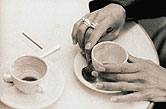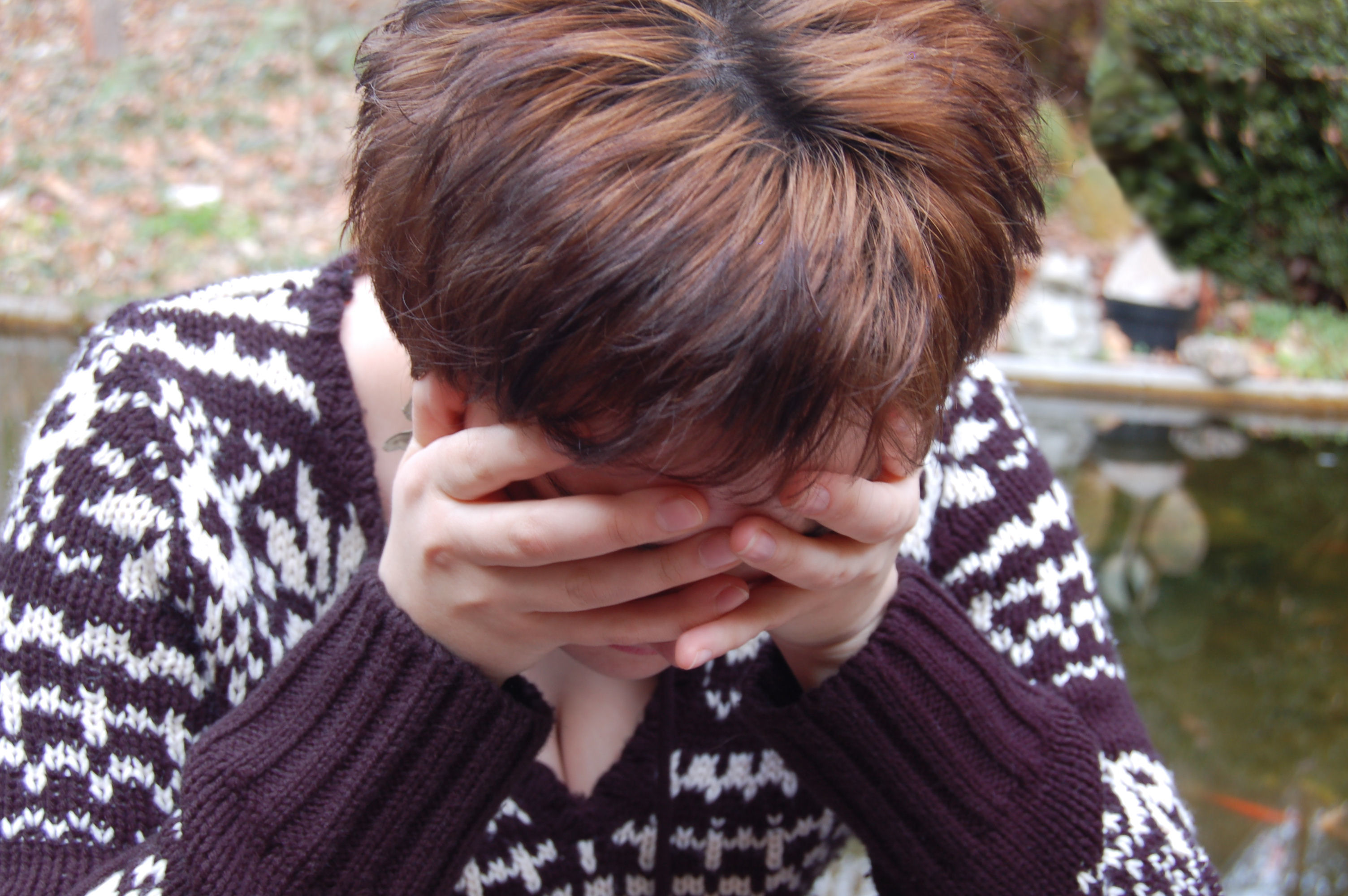
THURSDAY, May 5 (HealthDay News) — If you have a brain aneurysm, drinking coffee, having sex or even getting angry may boost the risk of it rupturing, a new study suggests.
Although the risk is extremely small, people who have aneurysms should be careful, said Dr. Sahil Parikh, assistant professor of medicine at University Hospitals Case Medical Center in Cleveland.
“For those patients who do have aneurysms, it would be advisable to avoid those behaviors,” said Parikh, who’s familiar with the study findings.
Aneurysms occur when the wall of an artery weakens and bulges out. They can occur anywhere in the body, but are particularly dangerous in the brain, where they can cause a hemorrhagic (bleeding) stroke if they burst.
In the study, published online May 5 in the journal Stroke, researchers asked 250 patients who had suffered a ruptured brain aneurysm about their exposure to 30 possible triggers before the hemorrhage.
The investigators found that being startled raised the risk of burst aneurysm in someone who already has an aneurysm by the highest level — 23-fold. Anger boosted the risk by 6 times. Other things raised the level, too: Coffee (2 times), cola (3 times), straining for defecation (7 times), sexual intercourse (11 times), nose blowing and vigorous physical activity (both 2 times).
The cause seems to be higher blood pressure, said study lead author Dr. Monique H.M. Vlak, since all eight activities cause blood pressure to rise.
Vlak said about 2 percent of the population has a brain aneurysm. They are often symptomless and frequently harmless.
“You shouldn’t be scared because the likelihood of this happening is extremely rare,” said Parikh. “I would encourage patients not to worry excessively about it and consult with their doctor if they feel at risk of an aneurysm.”
Even if you do have an aneurysm, it’s unlikely to bother you. “We think most aneurysms never rupture,” said Vlak, a neurologist at the Utrecht Stroke Center at University Medical Center in Utrecht, the Netherlands.
“Most aneurysms are discovered incidentally, since they hardly ever cause symptoms before rupturing,” she added. “If they do cause symptoms, most often it is double vision or an incredibly severe headache, which is maximal within less than a minute. The latter is often a small leak and is called a ‘warning leak.'”
People with known aneurysms should avoid caffeine, Vlak said, and use laxatives if they’re constipated.
As for exercise, Vlak said its positive effects on the body outweigh the extra risk among those patients.
More information
For more about brain aneurysms, visit the Brain Aneurysm Foundation.

